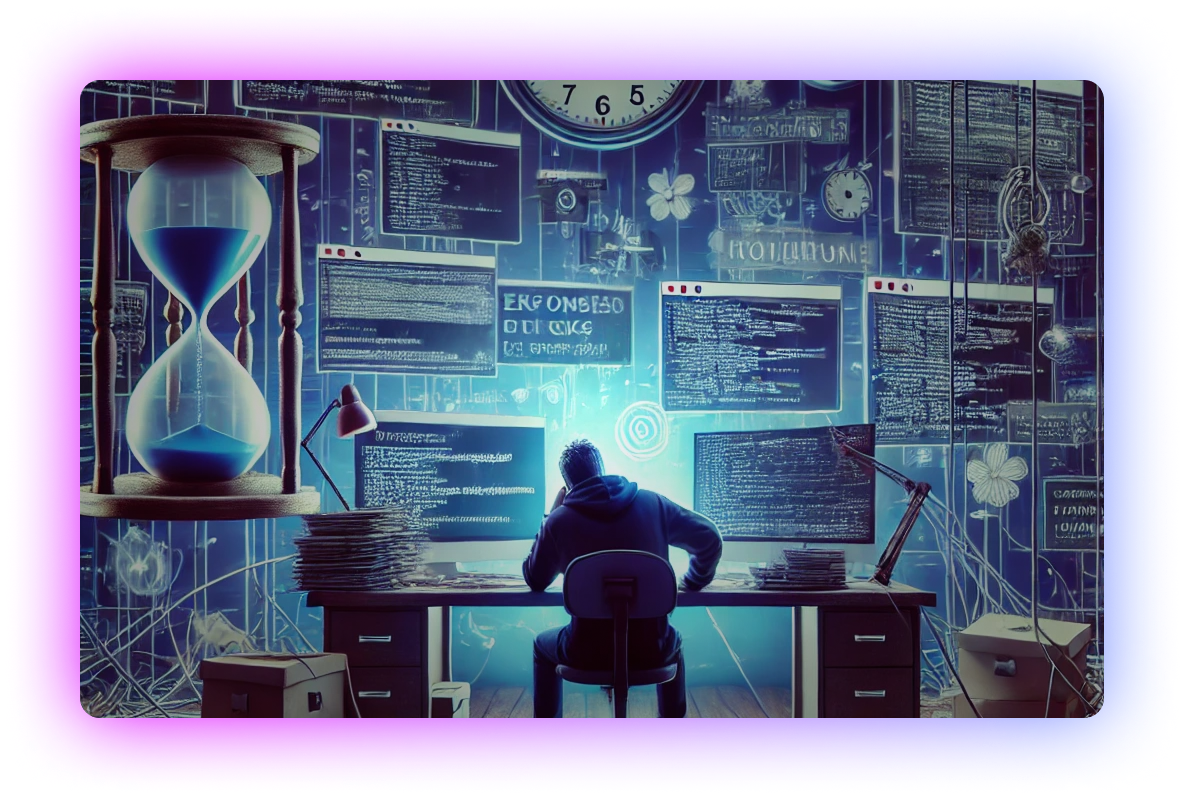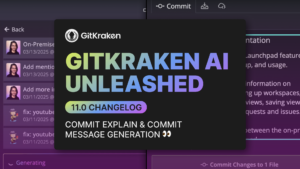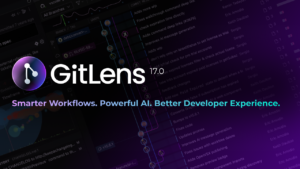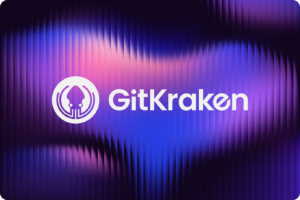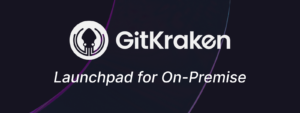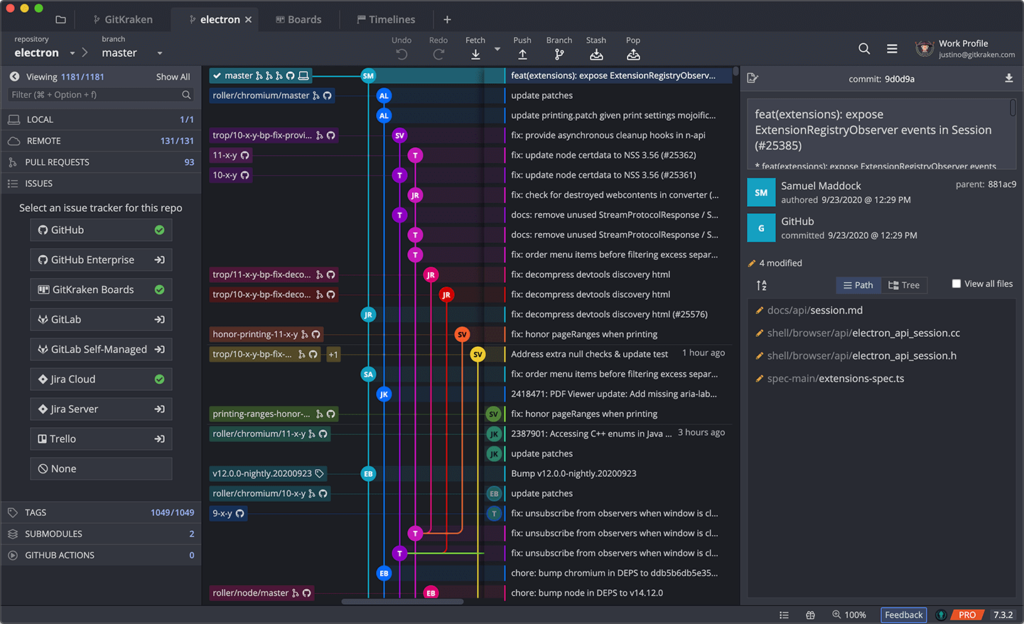The Hidden Tax on Your Dev Team
Every development team has a workflow. But if it’s not standardized, it’s quietly draining time, energy, and productivity—without you even realizing it.
A lack of consistent processes in branching, PRs, code reviews, and deployments doesn’t just create friction—it’s a silent tax on your entire team. And the cost? Easily 20+ hours per developer per month spent fixing avoidable issues instead of shipping great code.
The Data Doesn’t Lie:
- High-performing teams ship faster. According to the 2023 DORA Report, teams that optimize their code review process see up to 50% improvement in software delivery performance (DORA Report).
But if your workflows aren’t standardized, the opposite happens—friction builds, development slows, and your team spends more time untangling messes than shipping features.
Let’s break down the hidden costs that dev teams don’t always see coming.
1. Lost Developer Time (Death by Rework & Misalignment)
Every time a developer has to stop, clarify, or redo work due to unclear processes, it’s time lost.
🔻 Example: One dev formats code differently than another → The PR turns into a back-and-forth over style → A 15-minute review turns into a 2-hour rework.
🔻 Example: A dev pushes directly to main instead of creating a feature branch → Other work gets overwritten → Days of work need to be untangled.
📌 Reality check: A lack of standard workflows eats away at dev time in small, invisible ways—until it adds up to weeks lost per year.
2. Slow Pull Request Cycle Times (PR Limbo)
If every developer reviews and merges PRs differently, your cycle time skyrockets.
❌ Some PRs sit for days because there’s no process for reviews.
❌ Others get merged too quickly, leading to bugs in production.
❌ Conflicts happen because review criteria vary from person to person.
📌 Reality check: High-performing teams review and merge PRs 3-5x faster because they standardize:
✅ PR size limits (<300 lines of code)
✅ Clear reviewer responsibilities & approvals
✅ Automated checks to prevent bad merges
🚀 How much faster would your team move if PR reviews weren’t a bottleneck?
3. Increased Merge Conflicts & Code Breakage
When teams don’t follow a consistent branching strategy, they increase the risk of:
🔻 Merge conflicts (costing hours to resolve)
🔻 Releases getting delayed due to rework
🔻 Developers stepping on each other’s work
❌ Example: One team uses feature branches, another commits directly to dev → Code collides, slowing down releases.
❌ Example: No standard CI/CD process → Someone merges code that fails in staging, but the team doesn’t catch it until production.
📌 Reality check: The cost of merge conflicts + code rework alone is enough to justify better standardization.
4. Frustrated Developers = Higher Turnover
Developers hate wasting time on preventable issues. If a team’s workflow is inconsistent, frustration builds.
🔻 “Why does every PR review feel like a debate over process?”
🔻 “Why do I have to ask three different people about how to merge a branch?”
🔻 “Why do I waste so much time fixing the same mistakes over and over?”
📌 Reality check: Dev churn is expensive. Teams that eliminate friction through better standardization see:
✅ Higher productivity
✅ Happier developers
✅ Stronger retention
🚀 The best engineers want to spend time coding, not wrestling with broken workflows.
5. The Business Cost: Delayed Features & Lost Revenue
It’s not just developers who feel the pain—workflow inefficiencies slow the business down.
❌ Slow PR cycle times = longer release cycles
❌ Merge conflicts = hotfixes & production delays
❌ Poor collaboration = missed deadlines & unhappy stakeholders
📌 Reality check: Standardized workflows increase development speed by ensuring everyone follows a repeatable, scalable process.
Where AI Fits into Standardized Workflows
AI-powered tools like GitHub Copilot, ChatGPT, and AI-driven code review assistants are reshaping the way developers work. They can speed up coding, suggest optimizations, and even automate parts of code review—but without structured workflows, AI’s benefits are limited.
🚧 The Reality: AI can generate code, but it doesn’t enforce best practices, align teams, or prevent chaos.
🔹 AI suggests code, but PR reviews still need clear review criteria
🔹 AI can auto-resolve conflicts, but a messy branching strategy still creates unnecessary rework
🔹 AI-powered tools work best within well-defined processes—without them, they can actually introduce more inconsistency
📌 Bottom line: AI is a powerful tool, but it’s not a substitute for strong, standardized workflows—it works best when it has structure to operate within.
🔥 Conclusion: The Cost of Doing Nothing is Too High
Most teams don’t notice the cost of inconsistent workflows—until it starts slowing them down.
❌ It’s not one big problem, but a series of small inefficiencies that pile up over time:
- A delayed PR here
- A merge conflict there
- A miscommunication that leads to hours of rework
📌 The best teams don’t standardize for the sake of process—they do it to eliminate friction, keep developers in flow, and make scaling easier.
Standardization doesn’t mean rigid rules. It means giving your team a clear, repeatable way to work together so they can spend less time fixing process issues and more time shipping great code.
🚀 Because at the end of the day, the best process is the one you don’t have to think about.
What’s Next?
Want to see how your team’s workflows compare to the industry?
We’re putting together the 2025 Dev Toolchain & Workflow Standardization Report based on real developer insights.
👉Take the 5-minute survey & get early access to the results!


